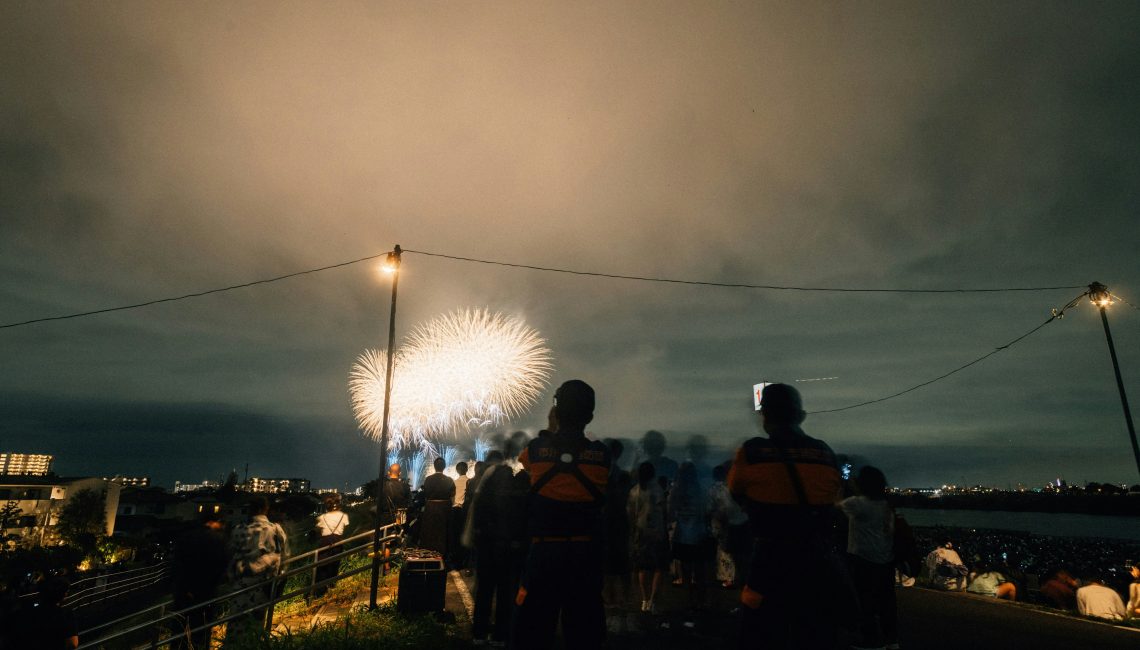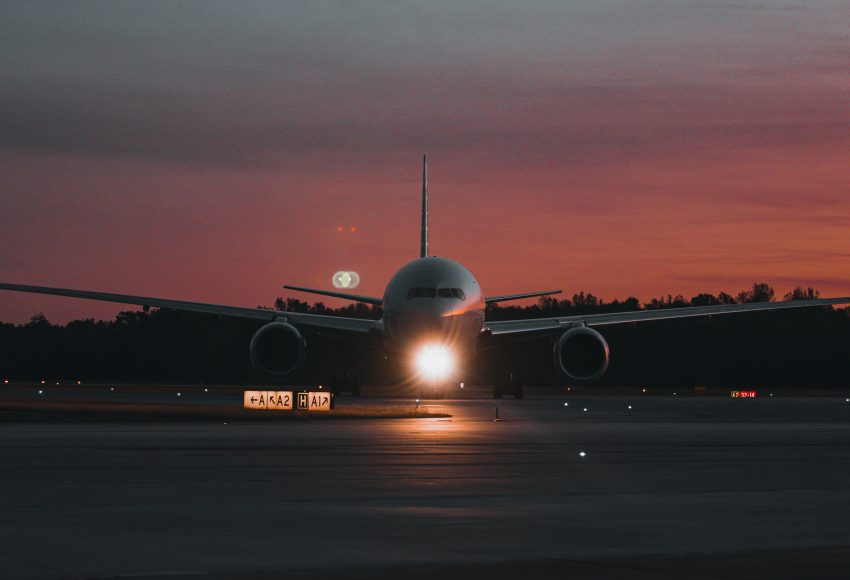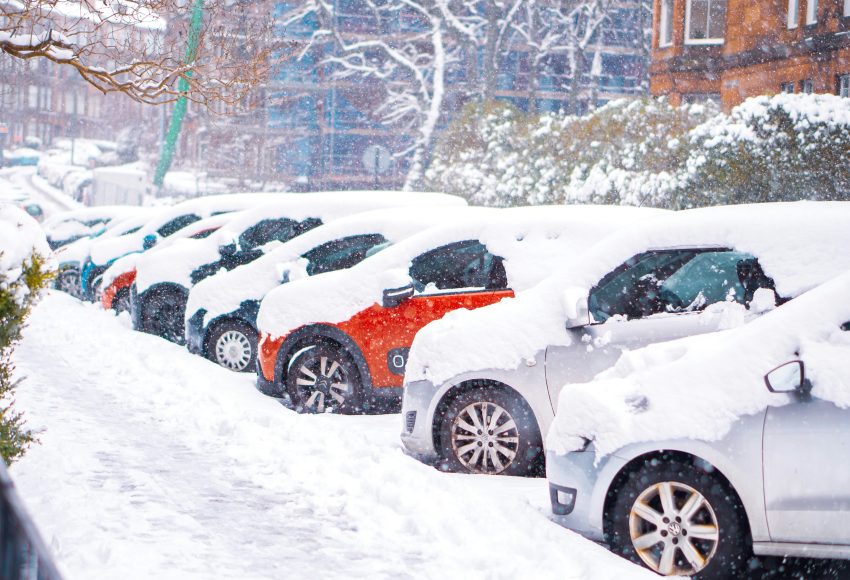Your 2025 Guide to Firework Safety
Summer is in full swing, and with Canada Day fast approaching, celebrations across the country will soon light up the sky. Fireworks are a cherished tradition, bringing excitement, colour, and joy to backyard gatherings and community events. But before you strike the match, it’s essential to think beyond the spectacle.
Lighting fireworks without proper precautions can lead to severe injuries, fires, and costly property damage. Dry conditions, proximity to flammable materials, or even using fireworks incorrectly can turn a celebration into a crisis.
Whether you’re planning a small family display or attending a neighbourhood event, understanding fireworks safety tips is key. From choosing the right location to handling malfunctioning fireworks, this guide walks you through everything you need to know. It’s not just about staying within the law – it’s about protecting the people and places you care about most.
Celebrate with confidence. Follow these expert tips to keep your festivities fun, safe, and fire-free.
Understanding the Risks of Fireworks
While fireworks are thrilling, they also come with significant risks. Every year, Canadians suffer injuries from fireworks-related injuries from lighting them improperly or standing too close to active displays. Common injuries include burns, eye damage, and hand trauma. Many of these injuries can lead to permanent disability or require extensive medical treatment.
Beyond personal injury, fireworks also pose a serious fire hazard. One stray spark can ignite dry grass, trees, or nearby buildings. In fact, during the summer months, local fire departments often see an increase in emergency calls linked to backyard fireworks displays.
It’s crucial to remember that fireworks are explosive devices, not toys. Treating them with the same caution as any flammable material is key to enjoying your summer celebrations safely.
Legal Considerations in Canada
Fireworks regulations vary across federal, provincial, and municipal levels, meaning what’s permitted in one region may be restricted in another.
At the federal level, Natural Resources Canada regulates the classification and sale of fireworks. Only licensed vendors are authorized to sell consumer fireworks, and buyers must typically be at least 18 years old. Provinces may impose additional restrictions, including bans during high fire-risk periods.
On the municipal level, many cities and towns have their bylaws governing when and where fireworks can be used. For example, some municipalities allow fireworks only on specific dates, like Canada Day, while others require permits for personal displays or prohibit fireworks altogether.
Failing to follow local rules can lead to hefty fines, confiscation of fireworks, and even liability for property damage or injury. Always check your city or town’s website for up-to-date bylaws and safety requirements before purchasing or using fireworks. Doing your due diligence helps keep your celebration safe, legal, and worry-free.
Preparing to Light Fireworks Safely
Before lighting fireworks, preparation is everything. Start by purchasing only legal, consumer-grade fireworks from licensed and reputable vendors. Avoid buying fireworks from unregulated sellers, as these products may not meet Canadian safety standards and could malfunction.
Store fireworks in a cool, dry place that’s well out of reach of children and away from any sources of heat or ignition. Keep them in their original packaging until you’re ready to use them.
When it’s time to celebrate, choose a wide, open outdoor area that’s away from buildings, trees, dry grass, or other flammable materials. A clear site ensures that fireworks have room to function safely and that sparks or debris don’t catch anything unintended.
Always have fire suppression tools ready, such as a bucket of water, a hose connected to a water source, or a fire extinguisher, just in case something goes wrong. It’s also smart to have a first aid kit on hand.
Before lighting fireworks, carefully read the instructions printed on each one. Follow them precisely to reduce the risk of accidents. And remember, children and pets should remain at a safe distance throughout the display. Loud noises and sudden flashes can frighten animals and distract you while handling fireworks.
Taking these simple steps will help ensure your celebration remains fun, safe, and memorable for the right reasons.
Safe Practices When Lighting Fireworks
When it comes to fireworks safety, how you handle them matters just as much as where and when you use them. Following the right procedures can make all the difference between a successful celebration and a dangerous mishap.
Start by designating a sober, responsible adult to light the fireworks. This person should be calm, focused, and prepared for emergencies. Wearing safety glasses and gloves is highly recommended to protect your hands and eyes from sparks or accidental explosions.
Light fireworks one at a time, following the manufacturer’s instructions, and back away immediately after ignition. Never attempt to relight a failed firework. If a firework doesn’t go off, wait at least 20 minutes and then soak it thoroughly in water before disposing of it.
Never hold fireworks in your hands while lighting them. Place them on a flat, stable surface away from your body and others. Ensure all spectators remain at least 20 meters away from the firing zone, especially children and pets who may be more vulnerable to injury or panic.
Once the show is over, it’s important to clean up responsibly. Soak used fireworks in water before discarding them in a metal container. It helps prevent delayed ignition or fires in trash bins. You can create a fireworks safety checklist to guide your setup and procedure. This should include safety gear, emergency tools, and steps for lighting and cleanup.
What to Do in Case of an Emergency
When using fireworks outdoors, being prepared for emergencies is just as important as having fun. Accidents can happen, especially with malfunctioning fireworks, so it’s crucial to respond quickly and safely.
If someone suffers a burn, immediately cool the area with clean, cool (not cold) water for at least 10 minutes. Do not apply ointments or ice. For eye injuries, avoid touching the eye and seek professional medical attention without delay.
Call 911 if an injury is serious, someone is unresponsive, or a fire breaks out. In case of a fire, follow basic fire safety principles: use a hose, bucket of water, or fire extinguisher to control small flames, but evacuate if the fire spreads or becomes unmanageable.
Keep a first aid kit and emergency numbers easily accessible during your fireworks event. Preparation is key to ensuring your outdoor celebration stays safe and under control.
Fireworks and Insurance: What You Need to Know
Before you purchase fireworks, it’s important to understand the potential impact on your home insurance. Fireworks are fun, but when used improperly, such as attempting to throw fireworks, setting them off too close to structures, or ignoring safety guidelines, they can cause fires, injuries, and significant property damage. In these cases, your insurance provider may not cover the costs, especially if fireworks were used in violation of local laws or safety standards.
Fireworks are regulated under consumer product safety laws, meaning there are clear expectations around their handling and use. Failing to follow these regulations could lead to liability for damage to your home or your neighbour’s property.
Take the time to check with your insurance provider to understand what is and isn’t covered. Whether you’re at home, heading to the cottage, or travelling, it’s worth reviewing your home, cottage, or travel insurance policy in advance.
Celebrate smart – plan ahead, stay safe, and enjoy fireworks outdoors responsibly. Protect your loved ones, pets, and property while making the most of the season.
Need help to understand your coverage? Contact Oracle RMS today to ensure you’re fully protected before your next celebration.





